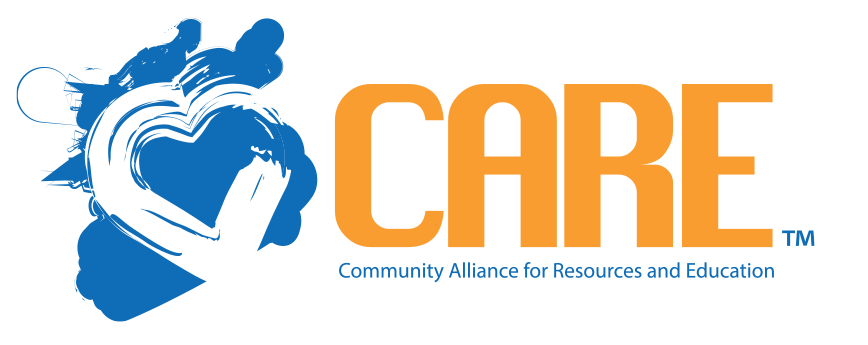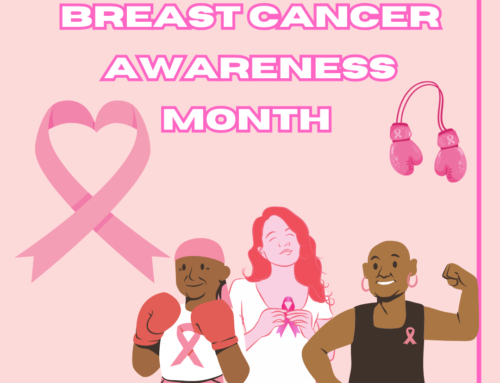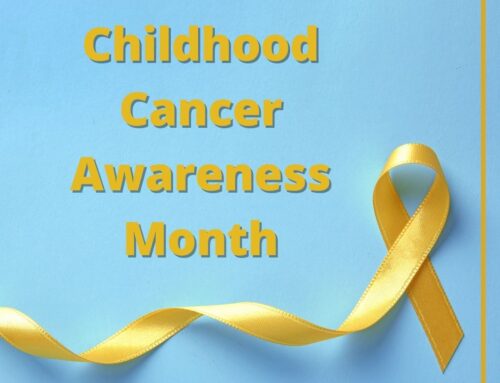Reflecting on Your New Year’s Resolutions/Goals
Greetings readers!
July, already?! That’s right, we are halfway through 2022, which is the perfect time to check in with yourself about your goals and wishes for 2022. Have you taken steps towards achieving your goals this year? In this blog, we are focusing on how you can achieve your goals in the last half of 2022 by making sure those goals are SMART goals. You will also find the 5 “W” questions to ensure your goals are clear and specific. After all, there is no time left to waste! Before we dive in, here are this week’s affirmations:
Setting goals (like project goals, new year’s resolutions, or personal goals) can seem like a daunting task. When we look at the most common New Year’s resolutions, it’s not hard to understand why. Exercise (to get in shape) and diet (to lose weight) are often the top 2 goals for resolutions lists. What makes these resolutions so hard to achieve? In many cases, people are not being realistic about the goals they set for themselves, and it typically results in feeling “burnt out” and ultimately leads to goals not being achieved. Although these are generally good practices to maintain a healthy body and mind, the way to approach it is going to look different for everyone.
Setting a goal that makes sense for you and your lifestyle can make all the difference in your ability to maintain and reach your goals. In many cases, people are not giving themselves the tools they need to achieve their goals. One tool for reaching or achieving your goals is to set SMART Goals: Specific, Measurable, Attainable, Relevant, Time-bound. SMART is an acronym to help guide you with goal setting. Your resolution/goal should be clear and specific, and you can do this by answering the five “W” questions:
What do I want to accomplish?
Why is this goal important?
Who is involved?
Where is it located?
Which resources or limits are involved?
Next, your goals should be measurable so that you can track your progress and stay motivated. The following questions will help with this goal-setting step: How much? How many? How will I know when it is accomplished?
As mentioned earlier, your goals should be realistic and attainable to you. We are all different and unique and experience life in various ways. It only makes sense to focus on YOU when setting your personal goals, and not how it looks for other people. Your goals should help you to stretch or strengthen your abilities but still remain achievable. These are some additional helpful questions: Do you have time to effectively complete the required tasks? Are the necessary resources available to you? Can you afford to do it?
The next step for setting your goal is to keep it relevant, knowing that it matters to you. If you’re unsure about the relevance of your goal, try answering yes or no to the following questions once you have an idea of what your goal is. Does this seem worthwhile? Is this the right time for me? Does this match our other efforts/needs? Am I the right person to reach this goal?
The last step is to set a target date for completing your goal or resolution by being time-bound. This gives you a deadline to focus on and work toward. Goals can be short or long-term. Just remember to be realistic about what you would like to achieve.
When setting any goal for yourself, it’s important to keep some things in mind that will help you move forward: kindness, patience, and forgiveness – just to name a few. No one is perfect and we all make mistakes. Not every goal has to follow the SMART Goal guidelines, but it may help keep you on track. Being mindful about how we are treating ourselves while achieving goals related to our mental and physical health could make a significant difference in how we view our goals and what we consider to be personal achievements.
Here’s how YOU can be a Prevention Partner:






